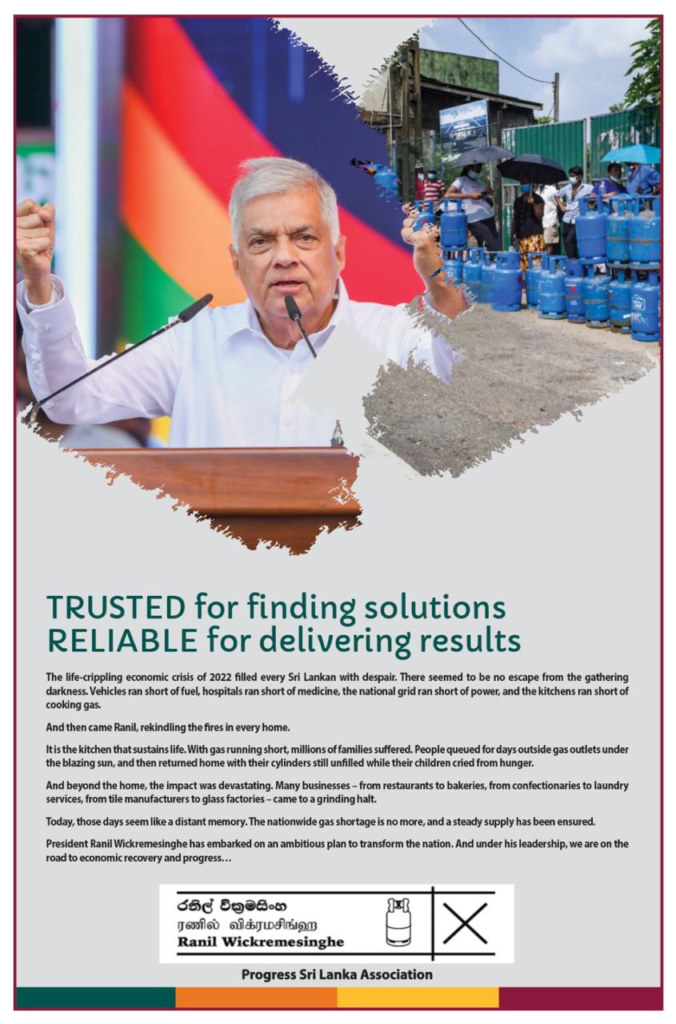Sri Lanka’s Plantation Industry Calls for Policy Stability, Diversification, and Innovation
September 18, Colombo (LNW) Sri Lanka’s plantation industry, known for its long-term investment cycles, relies heavily on stable and rational policymaking for sustainable growth. At the 170th Annual General Meeting of the Planters’ Association of Ceylon (PA), outgoing Chairman Senaka Alawattegama emphasized the importance of policy stability and industry diversification for the long-term success of the Regional Plantation Companies (RPCs).
Alawattegama urged the government to root future policies in scientific and commercial realities rather than short-term political gains. He highlighted the need for flexible land-use policies that allow RPCs to make strategic decisions on transitioning from traditional crops like tea and rubber to more profitable ventures.
These ventures could include high-value crops, eco-tourism, or renewable energy projects. He stressed that these decisions should be backed by policies that enable long-term investments.
One of the central themes of Alawattegama’s speech was the importance of diversification for the industry’s future. Several RPCs have already begun diversifying into high-value crops like coffee, avocado, spices, and berries. These efforts open new revenue streams while mitigating the risks of depending on a single commodity.
Innovation and modernization were also highlighted as essential for staying competitive. Alawattegama stressed that by adopting technologies such as soil mapping, fertilizer optimization, and enhanced supply chain management, the industry can improve productivity and maintain its global competitiveness.
Addressing the long-standing issue of wage negotiations, Alawattegama reflected on the decade-long struggle for wage reform. Despite numerous challenges, the Planters’ Association remained steadfast in its calls for a productivity-linked wage system.
This culminated in the government gazetting a new wage structure, which sets a daily minimum basic wage of Rs. 1,350 and introduces a productivity-linked incentive where workers earn Rs. 50 for each kilogram harvested above set norms. Alawattegama regarded this as a “hard-fought win” for both workers and RPCs, enabling fair compensation based on productivity.
He also expressed regret over the delays in reaching a wage agreement, arguing that workers could have benefited from higher wages sooner if negotiations had been handled more collaboratively by the government and trade unions. Alawattegama called for future wage discussions to prioritize both the long-term sustainability of the industry and the welfare of the workers.
Aside from wage reforms, Alawattegama underscored the importance of addressing other critical issues like crop diversification and the potential for oil palm cultivation. He criticized the resistance to oil palm development, attributing it to misinformation, and called for more decisive action to harness the benefits of this crop. Alawattegama also acknowledged the struggles faced by the rubber industry, including unfavorable weather conditions and crop diseases like Circular Spot Leaf disease, which have hindered RPCs’ ability to meet wage demands.
Recognizing the growing global demand for sustainably produced goods, Alawattegama emphasized that Sri Lanka’s plantation industry must lead in sustainability practices. He encouraged doubling down on initiatives such as organic cultivation and environmental conservation to position the country as a global leader in premium, ethically sourced agricultural products.
He also advocated for incentives to support crop diversification and investments in research and development (R&D). In particular, he stressed the necessity of mechanization, precision agriculture, and agri-tech for the future sustainability of the industry.




